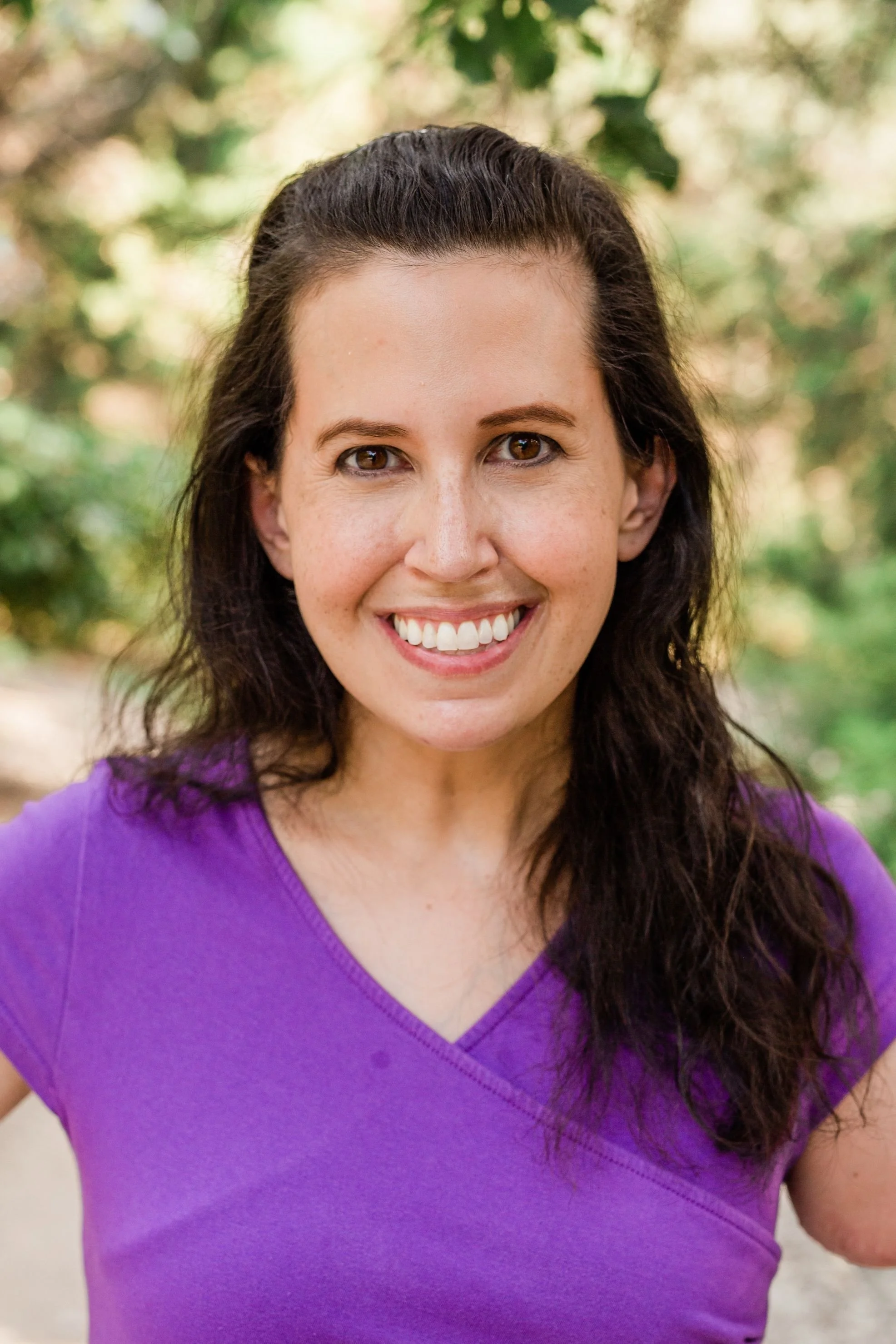Questions to Ask an OCD Therapist in Austin Before Your First Session
You’re scheduled to meet with an OCD therapist in Austin. Now what?
You’ve got a phone consultation scheduled with a new OCD therapist in Austin? What do you ask? Read this guide for some direction.
I’ve always thought finding a therapist was kind of like dating, and you might have to kiss a lot of frogs before you find your prince. Am I showing my age there, or do kids still read 'The Frog Prince'? When even was that story? Anyway, back to the topic, Jessica. I wrote a comprehensive guide to finding an OCD therapist in Austin which is a good starting place. This post covers a specific component of finding an OCD therapist in Austin: what questions you should ask in an initial consultation or initial session.
Many therapists, myself included, offer a free 15-20 minute phone consultation before committing to an appointment. I find them mutually beneficial: I get to highlight what to expect i working with me and you get to maker an informed decision about whether you want to. Should we decide that we’re not a fit, I get you pointed in the right direction.
Why Asking Questions Helps You Find the Right Fit for an OCD therapist in Austin
Fit really is everything. There is a truckload of research that shows the relationship between the therapist and client accounts for the most change. Even doing a structured and evidence-based modality like ERP for OCD, you and I having a solid working relationship is critical.
I’m going to ask you to do difficult things. How much more difficult will that be if you don’t feel safe with me or trust me?
A phone consultation allows you to interview the person who will be guiding you on your journey to relief. This guide offers suggested questions for an OCD therapist in Austin.
7 Questions to Ask an OCD Therapist in Austin (and what I think you should listen for in the answers)
What approaches do you use for OCD?
They should say Exposure Response Prevention is their primary approach. If they are a psychiatrist, they might mention certain medications, called serotonin reuptake inhibitors, which are also a first-line treatment for OCD. Some people get relief with just ERP, some people do well with just medication, and some people have a better response if ERP is combined with a medication.
There are supplemental approaches for OCD that someone might mention. These could include Acceptance and Commitment Therapy, Dialectical Behavior Therapy, or Mindfulness-Based Therapy. These can enhance your outcome if added to a first-line treatment, but shouldn’t be used on their own to treat OCD.
The International OCD Foundation has a great page breaking down all the treatment options for OCD.
Have you worked with clients who have OCD?
Be suspicious of a therapist who says they work with anyone and everyone. You can’t possibly be an expert in 20 things. Because OCD is so cunning, and there are so many misconceptions even among mental health professionals, you really want someone who specializes in OCD. Look for someone trained in Exposure and Response Prevention, and somebody who seems to get the nuance; it’s not just hand washing and lock checking.
What does a first session look like?
The first session is about confirming the OCD diagnosis and establishing any other diagnoses that might fit. From there, you and your therapist will determine what is most life-interfering and should be treated first. It’s rare for someone to just have OCD. Often, people also have depression, anxiety, maybe an eating disorder. It’s best to treat one thing at a time. Believe me, I’ve tried to combine because I like efficiency! But it doesn’t work - you’re giving both approaches short shrift.
You’ll go through something called the YBOCS (Yale-Brown Obsessive Compulsive Scale) in the early sessions. It might take more than one session to go through. It covers all the iterations of obsessions and compulsions and asks questions about how severe the OCD is.
Education is a big component of ERP. Your therapist will share information about the theory that underpins the treatment and the rationale for the different components. Then you’ll start tracking your obsessions and compulsions.
How do you track progress?
Listen for specifics in this answer. In ERP, there are a couple of ways we track progress. You’ll be tracking obsessions and compulsions. We’re looking for the compulsions to reduce and eventually go away and then looking for the obsessions to become less distressing.
The other metric is that YBOCS I mentioned earlier. it gives a number between 0 and 40 and that gets administered regularly throughout treatment. We’re looking for that number to drop.
What is your cancellation/rescheduling policy?
There is no guidance here specific to OCD. It’s just a good question to ask. Everyone’s policy is a little different. The policy should be clearly articulated in the informed consent, but therapists’ informed consents are some of the longest in the business, so it gets buried. It’s a good idea to ask outright. A therapist should have no objection to sharing their policy. And they should have a policy.
Do you offer virtual sessions?
For ERP, as for most forms of CBT, outcomes on telehealth match outcomes for in-person care. Some people have a preference for in-person care, which is totally fine, but there is no evidence that it is more effective in treating OCD. Further, the beautiful thing about virtual is that you can take your therapist with you throughout your house which is where the OCD truly lives.
How do you know when therapy is “working”?
We know ERP is working when:
you are compulsing less and eventually not at all
your obsessions become less distressing to the point of being able to shrug them off
your YBOCS score is dropping
You’ll know it. You’ll have time back. You’ll have your life back.
You will see progress working with an OCD therapist in Austin so log as they have the right expertise and use the right approaches.
What to Listen for in Their Answers
It needs to sound like they’ve thought about it. You shouldn’t feel pressured to make a decision. The therapist may redirect you from going too much into the story, as the consult call is only 15-20 minutes, and it's not therapy. It should feel like the therapist wants you to get what you need, even if it’s not them. That said, ERP is a scary-sounding treatment that people are unsure about, so you might feel like the therapist is trying to convince you that it’s a good option because they’ve seen the other side.
Conclusion
You might have questions I didn’t mention here, so be sure to write them down. Happy…searching? Good luck!



